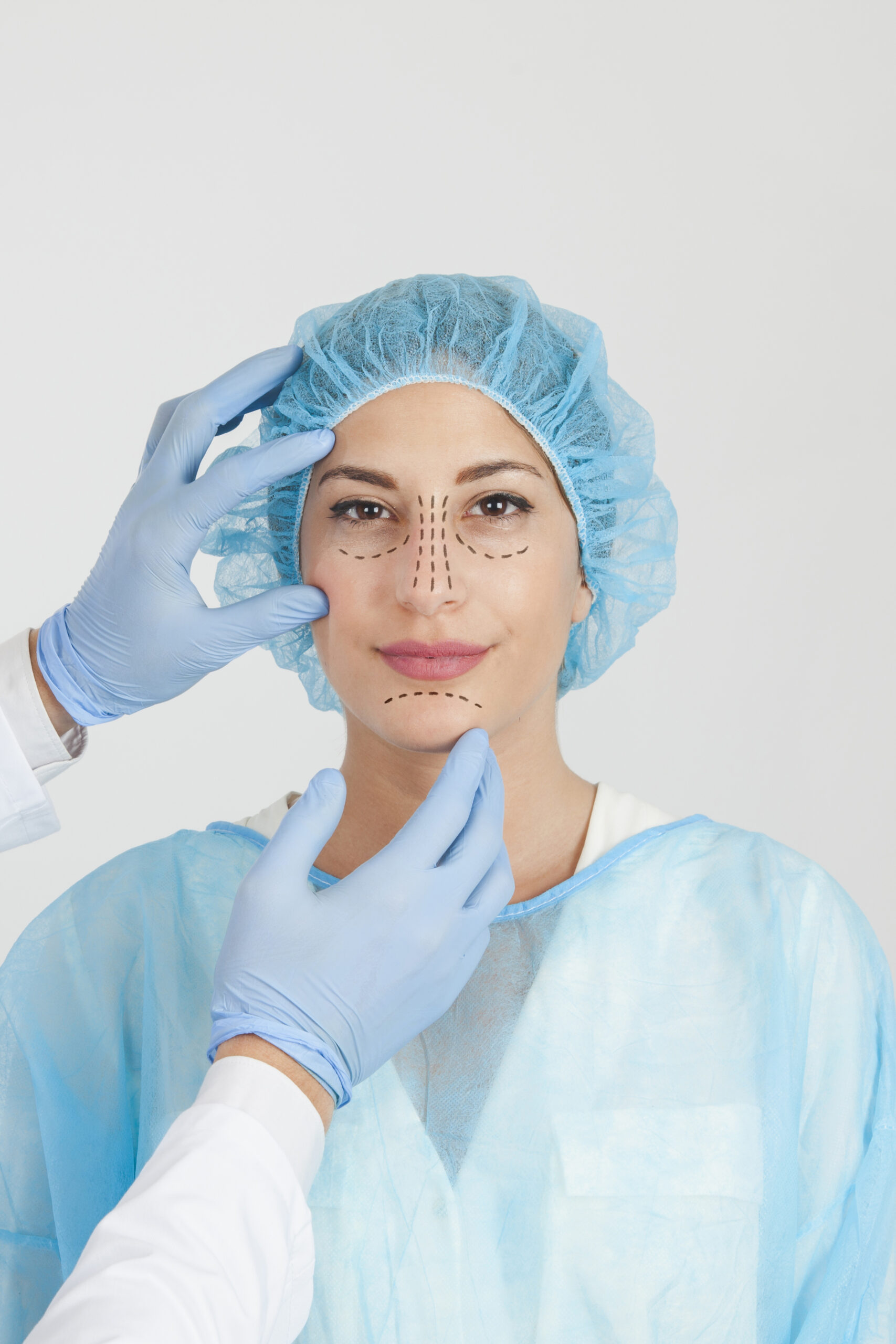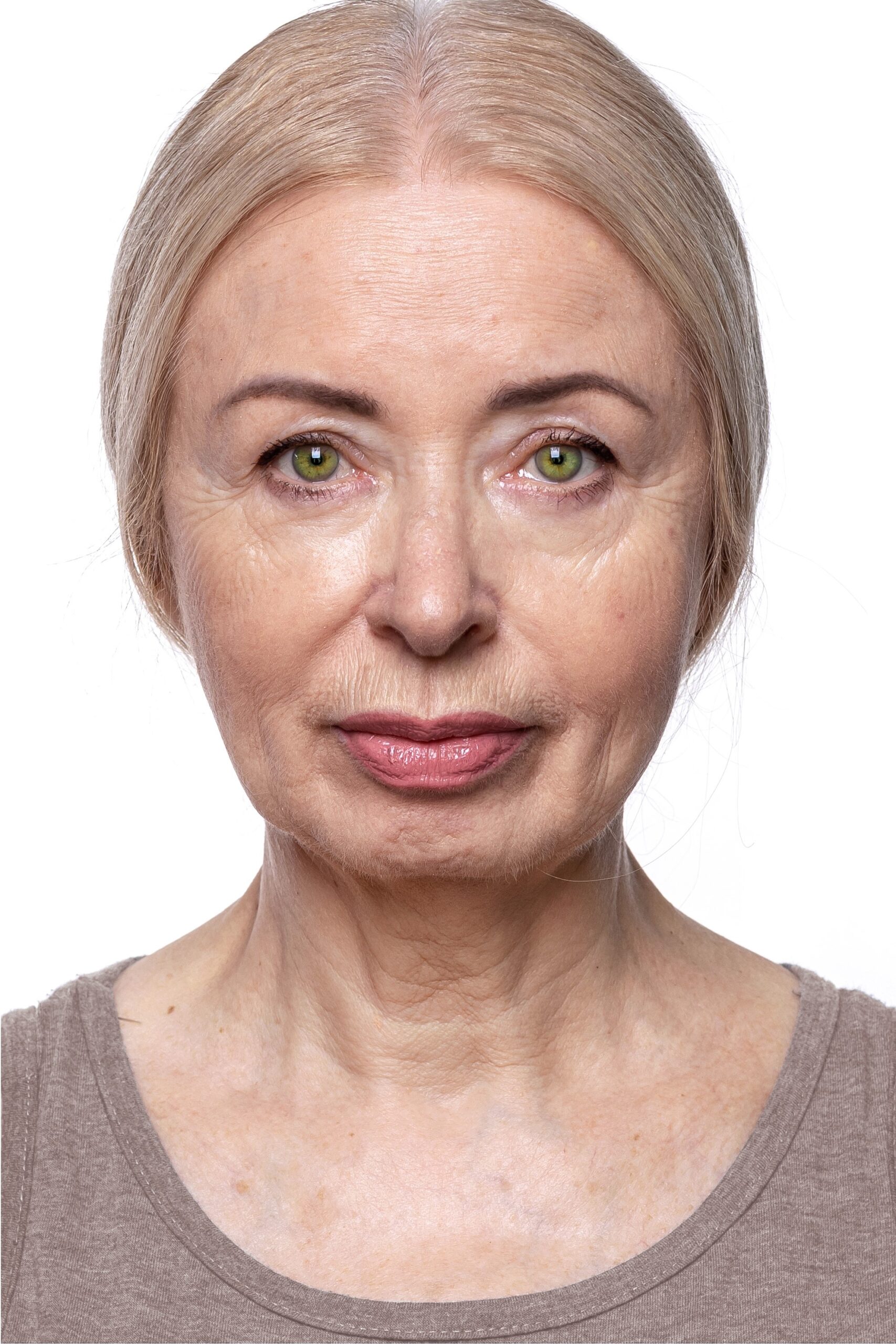Plastic Surgery
Unlocking the Art and Science of Transformation
Plastic surgery, a captivating fusion of artistry and medical expertise, stands as a beacon of transformative possibilities in the realm of physical enhancement. This intricate field, often shrouded in misconceptions, orchestrates a symphony of procedures aimed at reshaping, restoring, and rejuvenating the human form. Beyond the surface-level alterations, plastic surgery delves into the intricate nuances of self-confidence, personal empowerment, and the intricate interplay between body and mind.
At its core, plastic surgery is a dynamic discipline encompassing both cosmetic and reconstructive facets. Cosmetic surgery, the more widely known aspect, revolves around refining aesthetics and harmonizing features to align with individual desires. From rhinoplasties sculpting elegant noses to facelifts restoring youthfulness, cosmetic procedures exemplify the artistic precision wielded by skilled surgeons.
On the flip side, reconstructive surgery serves a profound humanitarian purpose. It steps into the realm of restoration, addressing congenital anomalies, traumatic injuries, or the aftermath of medical treatments like mastectomies. Witnessing the transformation of lives through reconstructive surgery unveils the deeply impactful role these procedures play in fostering physical and emotional healing.
The evolution of plastic surgery mirrors advancements in medical science and technology. What was once perceived as a luxury for the elite has become increasingly accessible, offering a diverse array of interventions that cater to various needs and preferences. Non-surgical options, such as injectables and laser treatments, further expand the horizon, providing less invasive yet effective avenues for enhancement.
The choice to undergo plastic surgery is deeply personal, influenced by diverse motivations ranging from enhancing one’s self-esteem to addressing functional concerns. While the allure of physical transformation is evident, it is crucial to recognize the psychological and emotional dimensions that accompany these journeys. Empathy, ethical practices, and a commitment to patient well-being underscore the responsibilities of the skilled plastic surgeon.
As we embark on an exploration of plastic surgery, we navigate the nuanced landscape where medical expertise converges with individual aspirations. This guide aims to demystify the intricacies of various procedures, shed light on the considerations involved, and ultimately empower individuals with the knowledge needed to make informed decisions on their transformative journeys.
Join us in uncovering the artistry and science behind plastic surgery—a realm where the canvas is the human body, and each procedure tells a unique story of renewal, confidence, and the pursuit of an authentic self.


 After
After
 Before
Before
What is the term "Plastic Surgery" ?
Plastic Surgery: Everything You Need to Know
Plastic surgery is a medical specialty that involves the restoration, reconstruction, or alteration of the human body. It is a broad field that encompasses a wide range of procedures, from cosmetic surgeries like rhinoplasty and breast augmentation to reconstructive surgeries like skin grafts and cleft lip repair.
If you’re considering plastic surgery, it’s important to understand the different types of procedures available, the risks and benefits associated with each, and what to expect during the recovery process. In this comprehensive guide, we’ll cover everything you need to know about plastic surgery, including:
- The history of plastic surgery
- The different types of plastic surgery procedures
- The risks and benefits of plastic surgery
- How to choose a plastic surgeon
- What to expect during the consultation process
- How to prepare for plastic surgery
- What to expect during the recovery process
- Tips for a successful recovery
The History of Plastic Surgery
Plastic surgery has a long and fascinating history that dates back to ancient times. The first recorded plastic surgery procedure was performed in India around 800 BC, when a physician reconstructed a nose using skin from the forehead. Over the centuries, plastic surgery techniques continued to evolve, with surgeons developing new methods for repairing and reconstructing the body.
The Different Types of Plastic Surgery Procedures
There are many different types of plastic surgery procedures, each designed to address a specific concern or condition. Some of the most common types of plastic surgery include:
- Rhinoplasty: A surgical procedure that reshapes the nose.
- Breast augmentation: A surgical procedure that increases the size of the breasts.
- Liposuction: A surgical procedure that removes excess fat from the body.
- Tummy tuck: A surgical procedure that removes excess skin and fat from the abdomen.
- Facelift: A surgical procedure that lifts and tightens the skin on the face.
- Botox: A non-surgical procedure that reduces the appearance of wrinkles.
The Risks and Benefits of Plastic Surgery
Like any medical procedure, plastic surgery comes with both risks and benefits. Some of the potential benefits of plastic surgery include:
- Improved self-esteem and confidence
- Enhanced physical appearance
- Relief from physical discomfort or pain
- Improved physical health
However, there are also risks associated with plastic surgery, including:
- Infection
- Bleeding
- Scarring
- Anesthesia complications
- Unsatisfactory results
How to Choose a Plastic Surgeon
Choosing the right plastic surgeon is an important decision that can have a significant impact on the outcome of your procedure. When selecting a plastic surgeon, it’s important to consider factors such as:
- Board certification
- Experience
- Reputation
- Patient reviews
- Before-and-after photos
What to Expect During the Consultation Process
During your initial consultation with a plastic surgeon, you’ll have the opportunity to discuss your goals and expectations for the procedure. The surgeon will evaluate your medical history and perform a physical examination to determine whether you’re a good candidate for the procedure.
How to Prepare for Plastic Surgery
Preparing for plastic surgery involves taking a number of steps to ensure that you’re physically and mentally ready for the procedure. Some of the things you may need to do to prepare for plastic surgery include:
- Quitting smoking
- Avoiding certain medications
- Arranging for transportation to and from the surgical facility
- Preparing your home for the recovery process
What to Expect During the Recovery Process
The recovery process after plastic surgery can vary depending on the type of procedure you have. In general, you can expect to experience some discomfort, swelling, and bruising in the days and weeks following the procedure. Your surgeon will provide you with detailed instructions on how to care for yourself during the recovery process.
Tips for a Successful Recovery
To ensure a successful recovery after plastic surgery, it’s important to follow your surgeon’s instructions carefully. Some tips for a successful recovery include:
- Resting as much as possible
- Avoiding strenuous activity
- Eating a healthy diet
- Staying hydrated
- Taking medications as prescribed
 After
After
 Before
Before
Make an appointment For Plastic Surgery
Make an appointment to receive the best service from our doctors
